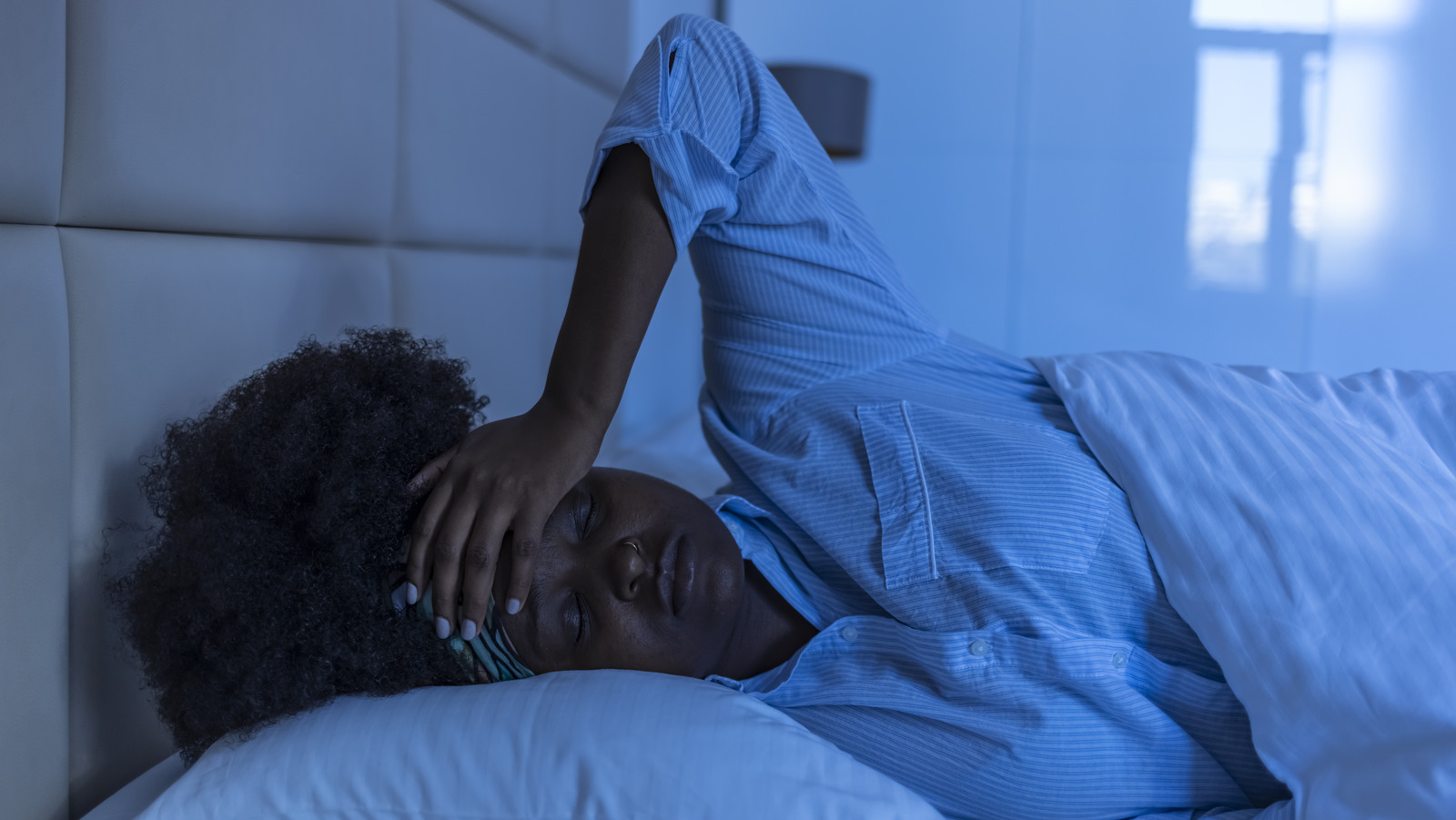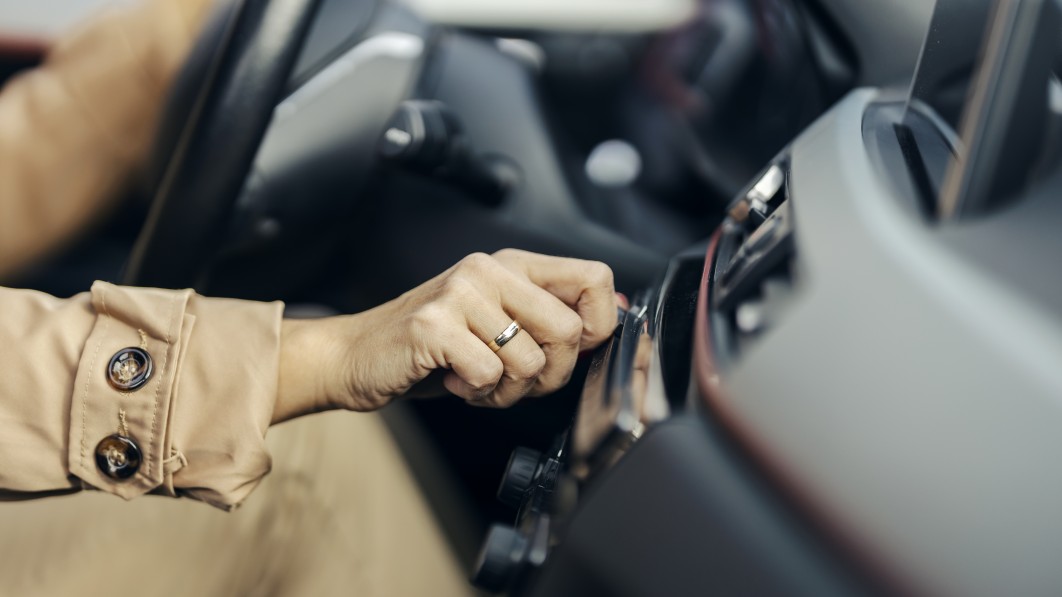
What It Means When You Feel The Urge To Pee After Lying Down – Health Digest
You’ve changed into your pajamas, brushed your teeth, and are now reclining into bed when — uh-oh. The urge to pee suddenly strikes out of the blue. You didn’t feel the need to pee just a few moments ago, so why does your bladder suddenly seem so full? For some people, this is a regular occurrence. Interestingly, science tells us there may be some underlying physical or mental causes for the issue.
Feeling the urge to pee after lying down isn’t exactly unusual. The reason is that when we lay flat, the fluid in our legs is able to flow more readily toward our kidneys (via Healthline). The kidneys then process this fluid into urine and route it toward our bladder, prompting the urge to pee. However, when this becomes an ongoing problem that keeps one awake at night, it is referred to as nocturia. It is more often seen in older adults and those with obesity.
Health conditions related to nocturia
 Serge Vo/Shutterstock
Serge Vo/Shutterstock
For those who have recently given birth to a child, the nighttime urge to pee may be exacerbated. This is because birth impacts the function of one’s pelvic floor muscles. If you sleep in a position that puts additional pressure on your bladder, this will further heighten the need to pee as you lay down. Similarly, those with an enlarged prostate, uterus, or ovaries may also be affected by sleeping on their bladder.
If you’re someone diagnosed with a bladder muscle disorder (or overactive bladder), you may also feel the urge to pee when reclining, reports U.S. News and World Report. Conditions that contribute to this could include bladder stones, bladder cancer, cystitis, pelvic tumors, or urinary tract infections, amongst others. Alternatively, an overactive bladder may be tied to heart disease. In these patients, the heart may struggle to circulate blood from the legs as it fights against gravity during the day. When positioned horizontally at night, however, that buildup of fluid in the legs can more easily make its way to the kidneys. As previously mentioned, this jumpstarts the kidneys and prompts an increase in urine production.
Mental factors related to nocturia
 Nastasic/Getty Images
Nastasic/Getty Images
While there are many more physical health conditions that can prompt the urge to pee after lying down, experts explain that there may be a mental component at play too. This may be the case if you’ve made a pre-bedtime bathroom trip a part of your nightly routine. It makes sense in theory. After all, you have approximately eight hours ahead of you until morning, so you might as well empty out your bladder ahead of time, right? However (similar to the habit of trying to pee before embarking on a long road trip), forcing ourselves to pee when we don’t actually have to can work against us.
“There’s absolutely a mental component to needing to pee,” Dr. Victoria Handa, director of the Department of Gynecology and Obstetrics at Johns Hopkins Bayview Medical Center, told Self. In other words, this nighttime habit actually teaches your brain and bladder that you have to go more often than you really do.
If you’re someone affected by nocturia, the Continence Foundation of Australia suggests lying down with your legs propped up at an angle above your heart for an hour or more in the afternoon. In doing so, you are allowing the fluid in your legs to filter through your kidneys earlier in the day. By peeing more in the afternoon, you’ll help reduce the need to pee come bedtime.







































:max_bytes(150000):strip_icc():focal(704x299:706x301)/Ella-Reed-NBC-01-051523-f649b03172894ede80514e18bbe46427.jpg?fit=1024%2C1024&ssl=1)
:max_bytes(150000):strip_icc():focal(999x0:1001x2)/linda-fruits-real-life-love-051823-1-c3ab617a48974b0798bc30fc29eb951f.jpg?fit=1024%2C1024&ssl=1)
























